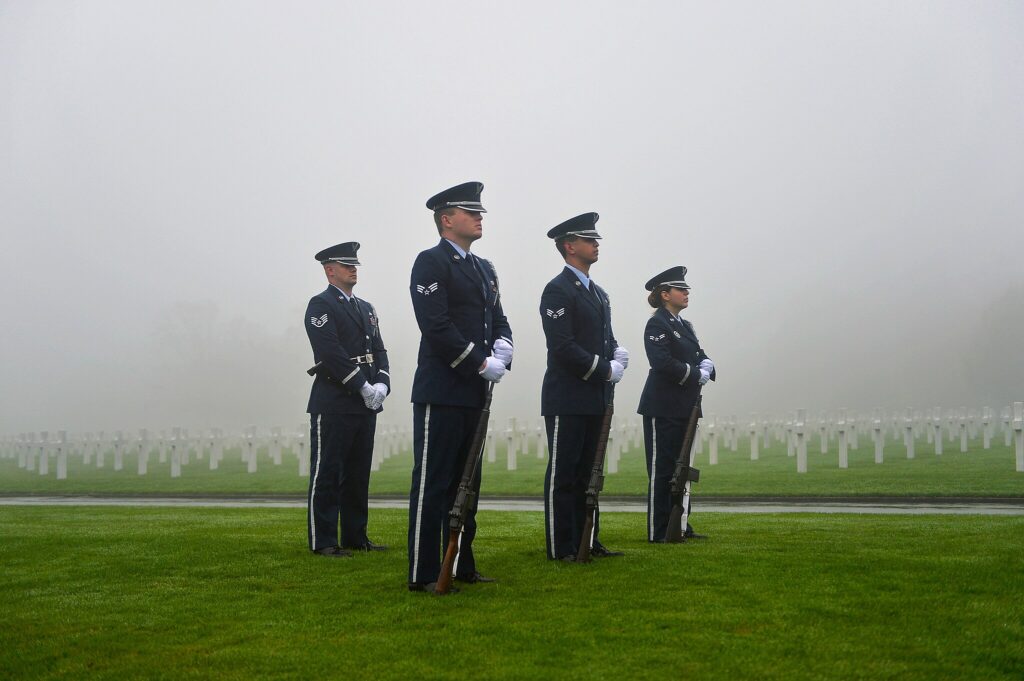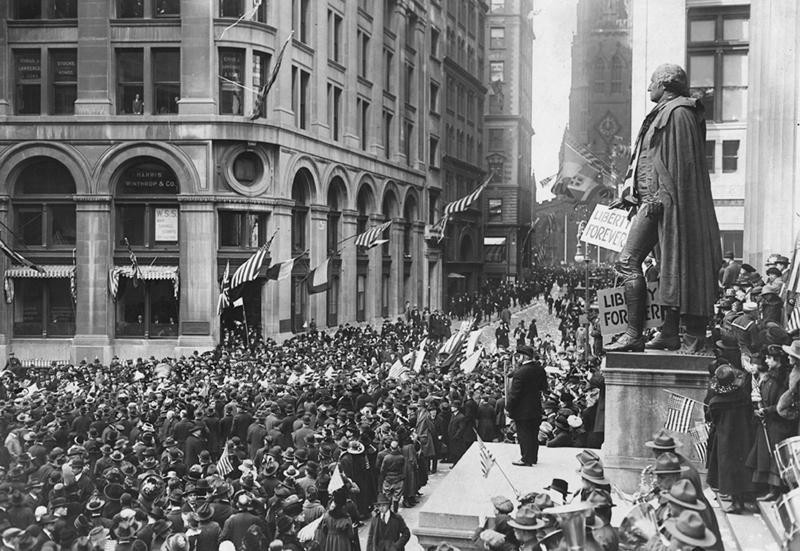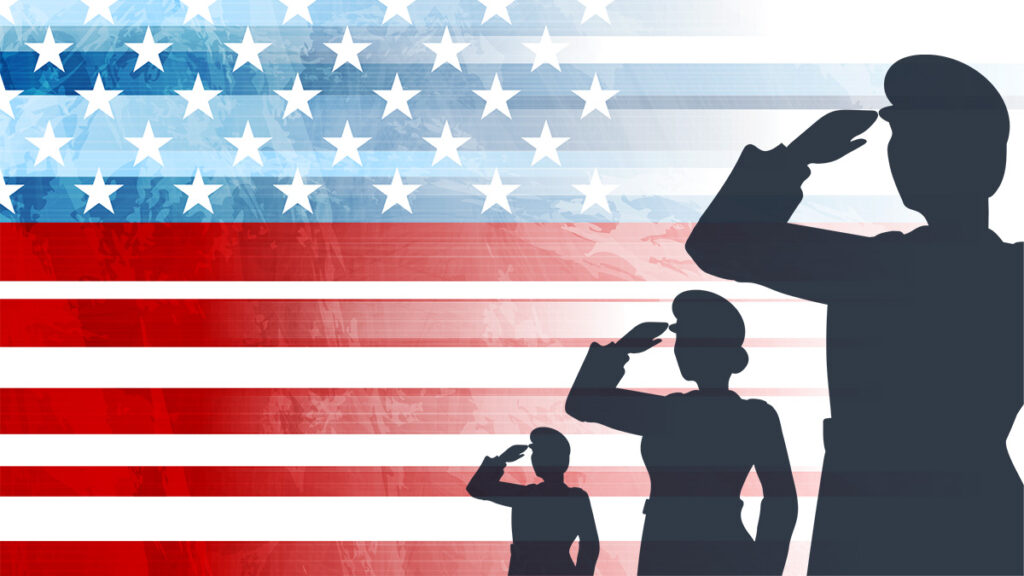by Brian Boone
For more than 100 years, we as a nation — among many others — have taken the time out each November to honor and thank those who served in our armed forces. Here’s the story of how Veterans Day came about.

At first, it was Armistice Day
The Great War, the so-called “war to end all wars,” later and tragically necessarily renamed World War I, ended officially on June 28, 1919, when representatives of the major belligerents convened in France to sign the peacekeeping Treaty of Versailles. But actual combat operations had ended earlier, on November 11, 1918, when German forces and the Allies agreed to an armistice, a proposed pause in fighting that became permanent. Retroactively, November 11, 1918, came to be known as the true end of the Great War, and it was commemorated as such in the U.S. via a presidential decree from President Woodrow Wilson as Armistice Day.
The innate significance of 11
The common phrase “eleventh hour” factored significantly into the initial observation of Armistice Day. The term generally refers to a last-minute solution that saves everything or everyone from ruin, and an end to a long, brutal, bloody war that enmeshed so much of the world fits that definition. And so, Armistice Day happened to note the end of the Great War on the eleventh day of the eleventh month as well as the eleventh hour. The American organizers of the holiday envisioned that all work and day-to-day operations should cease at the eleventh hour of November 11 — 11 a.m. on Armistice Day would be when parades and public memorials were to be held.

A renaming was necessary
Armistice Day’s status as an official American federal holiday was codified into law by a Congressional resolution on June 4, 1926, and was fully approved in 1938. That made November 11 a legal holiday promoting peace and honoring Great War veterans. But after more wars developed, and particularly those in which the U.S. added its military support, Armistice Day required a change. It was legally altered to Veterans Day in 1954, in order to honor the service of those who fought in World War II, the Korean War, and any future conflicts not yet fought.
The timing of Veterans Day has changed
Veterans Day is always celebrated on November 11, regardless of the day of the week upon which the date falls, unlike other federal, historical holidays. In 1968, Congress passed the Uniform Holiday Bill to place Washington’s Birthday, Memorial Day, Columbus Day, and Veterans Day on particular Mondays to give workers three-day weekends. From 1971 to 1977, Veterans Day fell on a mid-November Monday, an unpopular move considering the weight and solemnity of the holiday. In 1978, a President Gerald Ford-signed motion went into effect, restoring Veterans Day to its fixed November 11 commemoration date.








